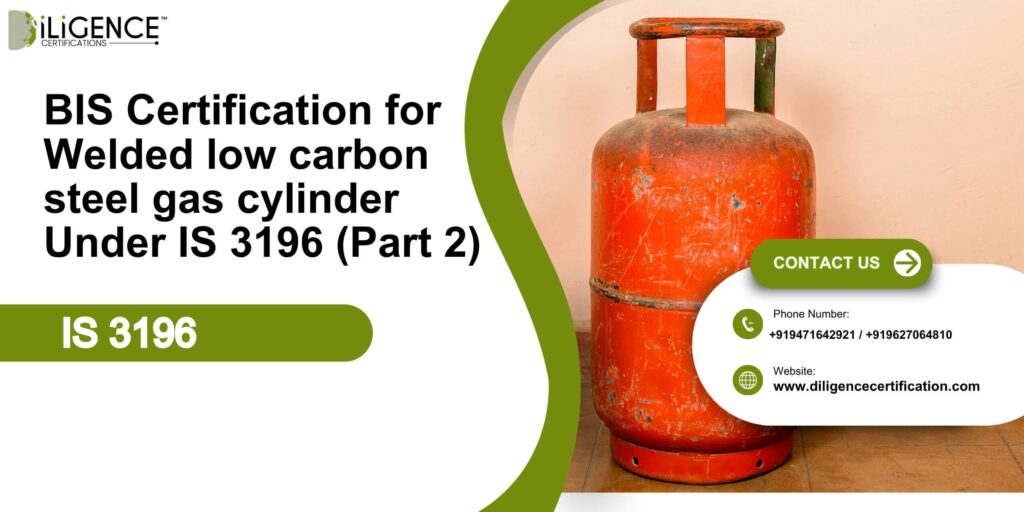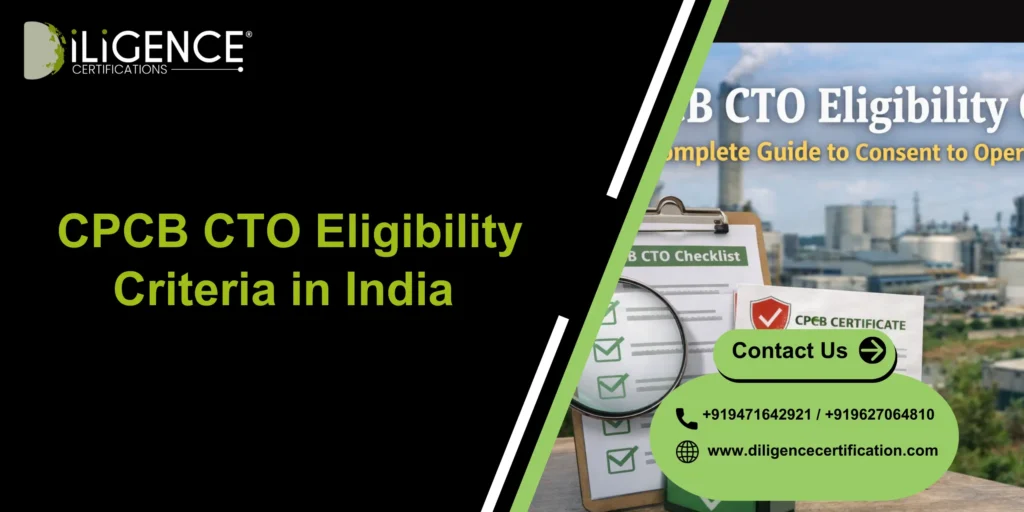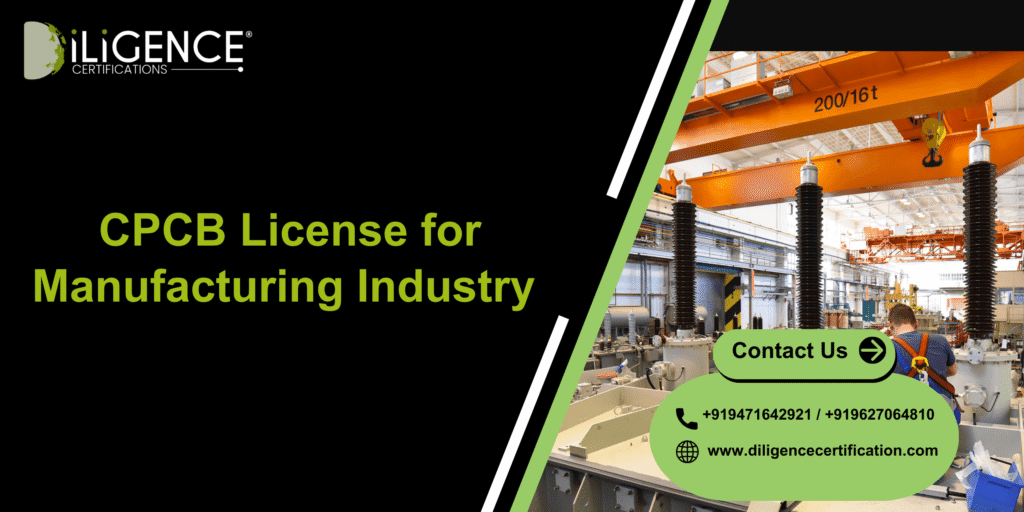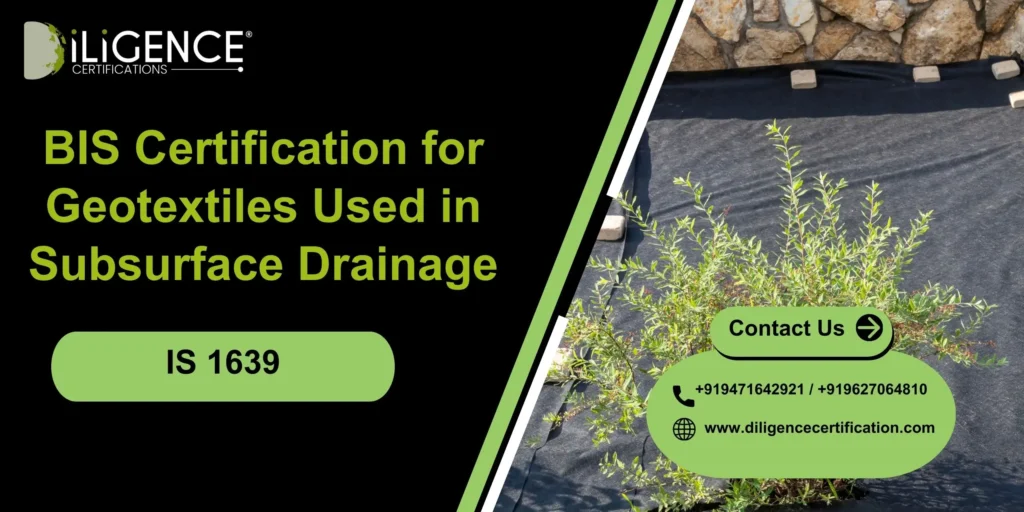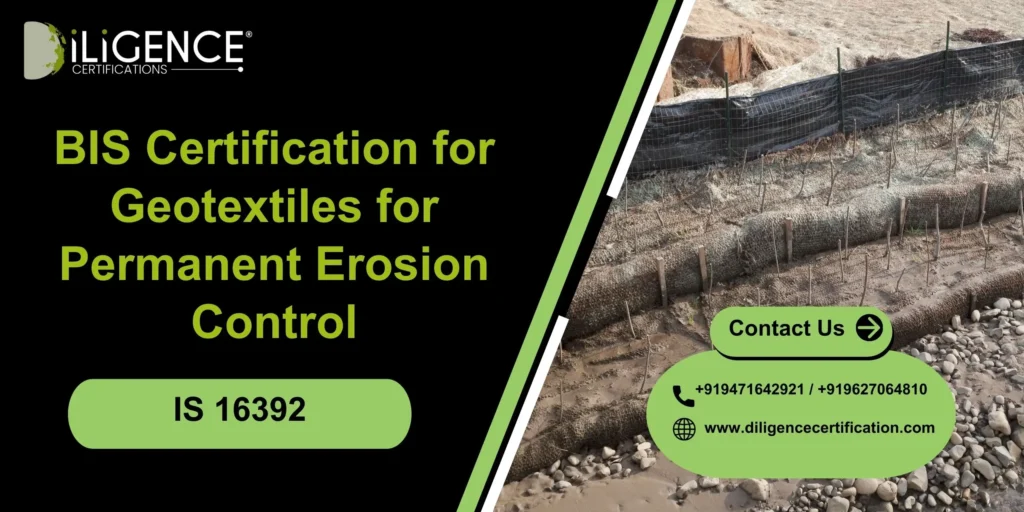- BIS certification is a hallmark of safety and compliance for welded low carbon steel gas cylinders of more than 5L carrying low-pressure liquefiable gases.
- The part 2 standards (IS 3196) specify the material, testing, and marking requirements.
- Certification stages comprise testing, factory inspection, and license approval.
- Challenges are mainly related to the quality of the material, the occurrence of testing failures, and the existence of gaps in documentation.
- Some good things are, for instance, getting a credible presence in the market, winning client trust, and ensuring operational safety.
Introduction
An industrial gas provider, primarily dealing with the welded low carbon steel gas cylinders of more than 5 liters, designed for low-pressure liquefiable gases like CO2, was in trouble. These cylinders without the correct BIS certification, could not be sold legally in India and thus cause the shipment to delay and trust of the clients to be lost. A lot of manufacturers find themselves in a similar situation when they deal with specialty gases. It is very important to know about the BIS certification of welded low carbon steel gas cylinders with a water capacity of more than 5 liters for low-pressure liquefiable gases (Part 2: cylinders for liquefiable gases other than LPG).
What is BIS Certification Welded low carbon steel gas cylinder
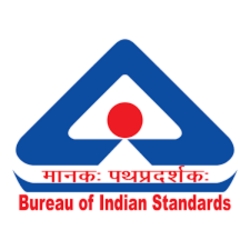
BIS (Bureau of Indian Standards) certification is the quality and safety approval that is compulsory for industrial products to obtain if they are included in the list of regulated products by the Indian Government. A welded low carbon steel gas cylinder with a water capacity of more than 5 liters and used for low-pressure liquefiable gases other than LPG is an example of such a product. The certification marks the gas cylinders which are manufactured according to the safety standards of India (IS 3196 Part 2), tested for pressure and leakage, and labeled properly for traceability.
These cylinders are designed to store liquefiable gases like CO₂, nitrous oxide, and nitrogen under low pressure. BIS certification guarantees:
- The structure is being preserved under repeated filling and transport cycles.
- The user’s safety, the prevention of leaks, bursts, or accidents.
- Compliance with the law, therefore, the cylinders can be sold and transported in India.
- A good name in the market because clients prefer certified cylinders for industrial, medical, and research applications.
What is IS 3196 (Part 2)?
IS 3196 (Part 2) is a series of standards that the Bureau of Indian Standards (BIS) elaborated for the steel cylinders. Part 2 of the standards specifies the characteristics of the welded low carbon steel gas cylinders with a water capacity of more than 5 liters, intended for the storage of low-pressure liquefiable gases other than LPG. This standard, in brief, is a list of the different types of the cylinders which can be used for the safe storage of the liquefied gases with Part 1 being mostly about the cylinders for LPG.
Part 2 specifically covers:

- Design parameters: Water capacity of more than 5 liters, and the design being for the use of low-pressure liquefiable gases such as CO₂ nitrogen, and nitrous oxide. ISI MARK
- Laboratory tests: These include a hydraulic pressure test on the item, testing for leak absence, and the force at which the item will burst, along with its breaking strength.
- Marking and traceability: Manufacturer’s location, serial number, test pressure, and the BIS certification mark.
- Safety compliance: It is a low-pressure cylinder that can be used safely to store, transport, and dispense liquefiable gases.
Why BIS Certification is Mandatory for Welded low carbon steel gas cylinder
BIS certification is required to be done for welded low carbon steel gas cylinders if the water capacity is more than 5 liters for low-pressure liquefiable gases (other than LPG) due to various reasons of high importance:
- Legal Compliance: It is mandated by Indian law that all industrial gas cylinders must comply with BIS standards. Any cylinders that are not certified are illegal to be sold or transported in India.
- Safety Assurance: Even a low-pressure liquefiable gas like CO₂ or nitrogen can be dangerous. Therefore, BIS certification is the measure that guarantees these cylinders are safe in their structure, do not leak and are fit for repeated use.
- Quality Verification: Certification is a way to confirm that the source material, welding, and design are in accordance with the stringent IS 3196 (Part 2) standards thus, eliminating the possibility of the production of low-quality cylinders.
- Market Access & Credibility: The medical, laboratory, or industrial sectors only accept the use of cylinders that have been certified by the BIS. Certification builds up confidence and hence opens up business opportunities.
- Operational Risk Reduction: The use of certified cylinders lowers the risk of accidents, product recalls, or legal penalties, therefore, safeguarding the employees and the brand’s reputation.
Key features of BIS Certification
- Safety Compliance: The safety standards that are followed, demonstrate how these cylinders can be used for storing and transporting low-pressure liquefiable gases in a safe manner without any leakage or explosion.
- Material & Design Standards: The standard specifies the use of a welded low carbon steel with mechanically tested properties and conformance to IS 3196 (Part 2) specifications.
- Testing & Inspection: The cylinders go through extreme hydraulic, leakage, burst, and dimensional tests in certified BIS labs.
- Marking & Traceability: The certified cylinders are obliged to indicate the manufacturer details, serial numbers, test pressure, and the BIS certification mark.
- Periodic Surveillance: BIS factory audits and surveillance inspections are meant to ensure that the factory keeps up with standards and quality control.
- Legal & Market Recognition: The certified cylinders are given the green light to be sold and transported in India, and thus are more trusted by industrial, medical, and research clients.
Step by Step process of BIS Certification for Mandatory for Welded low carbon steel gas cylinder

Step1: Documentation
- Collect and prepare good-to-go technical and legal documents:
- Illustrations and technical data of the gas cylinder
- Material test certificates for a low carbon steel welded
- The description and diagrams for the manufacturing process
- The production of the quality system plan and record entries
Step2: Product Testing
- Type test should be done in lab which accredited by BIS:
- Hydraulic Test: This test is used to show that the situation of holding design pressure can be safely done.
- Leakage Test: This test can be used to report the leaks in the operational pressure.
- Burst Test: The maximum pressure point probably for a cylinder is determined with the aid of tests such as these.
- Dimensional Inspection: Measures the accuracy of the product with the requirements of IS 3196 (Part 2) standards
Step3: Application Submission
- You can submit an online or physical BIS application
- Present or upload all necessary documents and test reports
- Give information about the manufacturer, the plant, and the production capacity
Step4: Scrutiny and Inspection
- After checking the application and the files, BIS decides if it is suitable or not.
- The factory visit is done to find out:
- The compliance of the factory with the approved manufacturing processes
- Quality control system and testing procedures
- Production, welding, and post-production testing equipment
Step5: Grant of License
- BIS issues the certification license after positive test and inspection results.
- The cylinders for which permission is granted should have:
- BIS certification mark
- The serial number and the producer’s name
- Test pressure and other required markings Besides the license, there is regular surveillance and renewal of it
Importance and Benefits of BIS Certification
Importance of BIS Certification
- Essentially Safety and Reliability – The purpose of this certification is to make certain that cylinders for the storing and trans-porting of low-pressure liquefiable gases are safe in terms of both leaks and explosions.
- Legal Compliance – A must by Indian law; It is illegal to sell and transport non-certified cylinders.
- Standardization – It is a way of getting more uniformity in the industry by manufacturing, designing, and testing.
- Customer Trust – It is a safety sign that industrial, medical, and research clients use to trust the company.
Benefits of BIS Certification
- Market Credibility – The hospitals, laboratories, and industries that are the consumers of cylinders are certified ones.
- Operational Efficiency – By the company, production errors, product recalls, and operational risks can be avoided.
- Brand Reputation – It becomes a proof that a company is socially responsible and this in turn results in a competitive advantage by caring for the quality and safety.
- Continuous Quality Assurance – The ongoing process of compliance and reliability includes more BIS inspections.
- Business Expansion Possibilities – The certification is a ticket to the regulated markets and top-tier clients.
Why choose Diligence Certifications
- Expert Guidance–Deep knowledge of IS 3196 (Part 2) and industrial gas compliance.
- Support Through the Whole Journey–Application, testing, inspections, and getting the license.
- Successful History–Makes it easy for manufacturers to get BIS certification quickly and smoothly.
- Customized Solutions–Get personalized advice on documentation, quality control, and compliance.
- Client-First Approach–Helps increase market trust while keeping the risk at a minimum.
Conclusion
Obtaining the BIS certification of welded low carbon steel gas cylinders with a water capacity of more than 5 liters for low-pressure liquefiable gases (Part 2: other than LPG) is first of all necessary for safety, legal compliance, and market credibility. Certified cylinders not only ensure reliable performance, but they also prevent accidents and, thus, create a good brand image. Collaborating with professionals like Diligence Certifications makes it easier as they take care of your documentation, testing, inspections, and license-granting processes. Obtaining BIS certification is more than just meeting a regulatory requirement—it is a tactical move towards operational safety and business expansion.







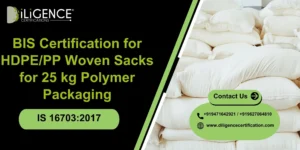
 BIS Certification
BIS Certification
 CDSCO
CDSCO
 CPCB
CPCB
 LMPC
LMPC
 WPC Approval
WPC Approval
 Global Approvals
Global Approvals
 TEC
TEC
 ARAI
ARAI
 BEE
BEE
 ISO Certification
ISO Certification
 Drone Registration
Drone Registration
 NOC For Steel
NOC For Steel



















 Business Registration
Business Registration















 Legal Services
Legal Services
 Trademark Registration
Trademark Registration
 Copyright Registration
Copyright Registration
 Patent Registration
Patent Registration
